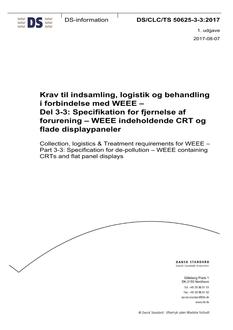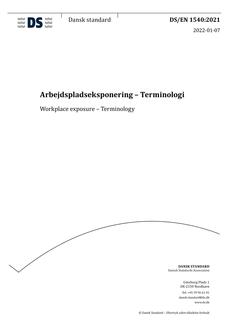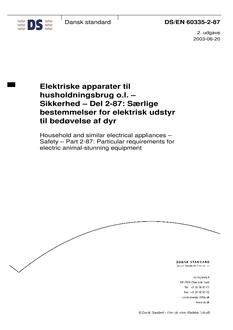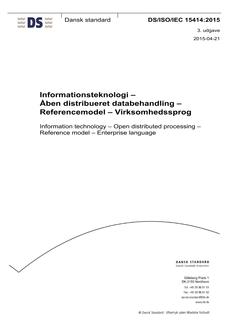-
-
Available Formats
- Availability
- Priced From ( in USD )
-
Available Formats
-
- Immediate download
- $83.00
- Add to Cart
-
- Printed Edition
- Ships in 1-2 business days
- $83.00
- Add to Cart
Customers Who Bought This Also Bought
-

DANSK DS/CLC/TS 50625-3-3
Priced From $78.00 -

DANSK DS/EN 1540
Priced From $75.00 -

DANSK DS/EN 60335-2-87
Priced From $77.00 -

DANSK DS/ISO/IEC 15414
Priced From $101.00
About This Item
Full Description
This document specifies fundamental techniques of digital radiography with the object of enabling satisfactory and repeatable results to be obtained economically. The techniques are based on generally recognized practice and fundamental theory of the subject. This document applies to the digital radiographic examination of fusion welded joints in metallic materials. It applies to the joints of plates and pipes. Besides its conventional meaning, “pipe”, as used in this document, covers other cylindrical bodies such as tubes, penstocks, boiler drums, and pressure vessels. NOTE – This document complies with most requirements of ISO 16371-2.[3] This document specifies the requirements for digital radiographic X- and gamma-ray testing by either computed radiography (CR) or radiography with digital detector arrays (DDA) of the welded joints of metallic plates and tubes for the detection of imperfections. Digital detectors provide a digital grey value (GV) image which can be viewed and evaluated using a computer. This document specifies the recommended procedure for detector selection and radiographic practice. Selection of computer, software, monitor, printer and viewing conditions are important, but are not the main focus of this document. The procedure specified in this document provides the minimum requirements for radiographic practice which permit exposure and acquisition of digital radiographs with equivalent sensitivity for detection of imperfections as film radiography, as specified in ISO 17636-1. This document does not specify acceptance levels for any of the indications found on the digital radiographs. ISO 10675 provides information on acceptance levels. If contracting parties apply lower test criteria, it is possible that the quality achieved is significantly lower than when this document is strictly applied.





